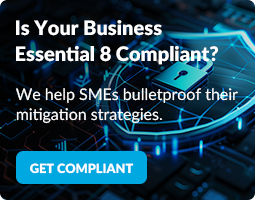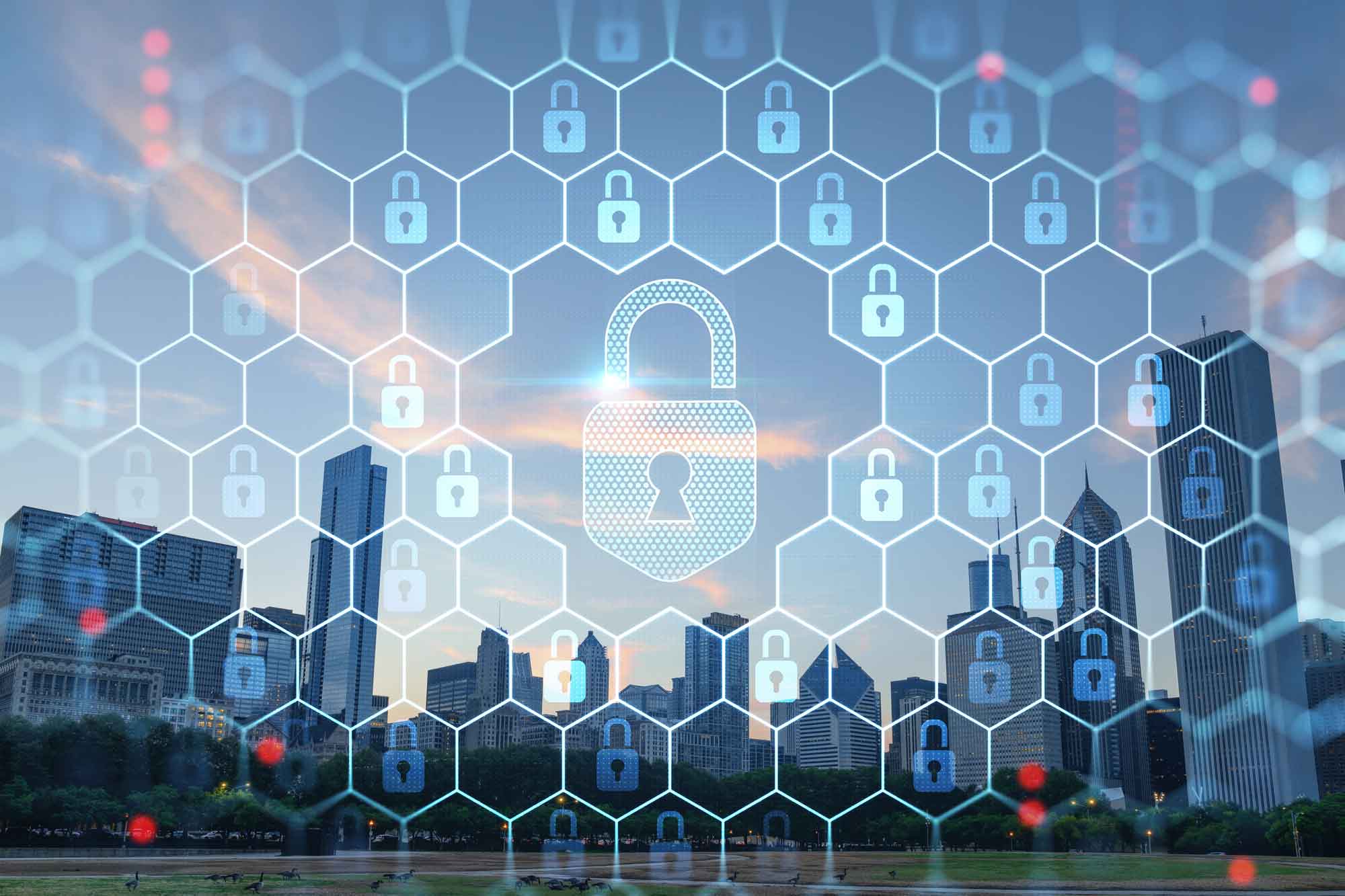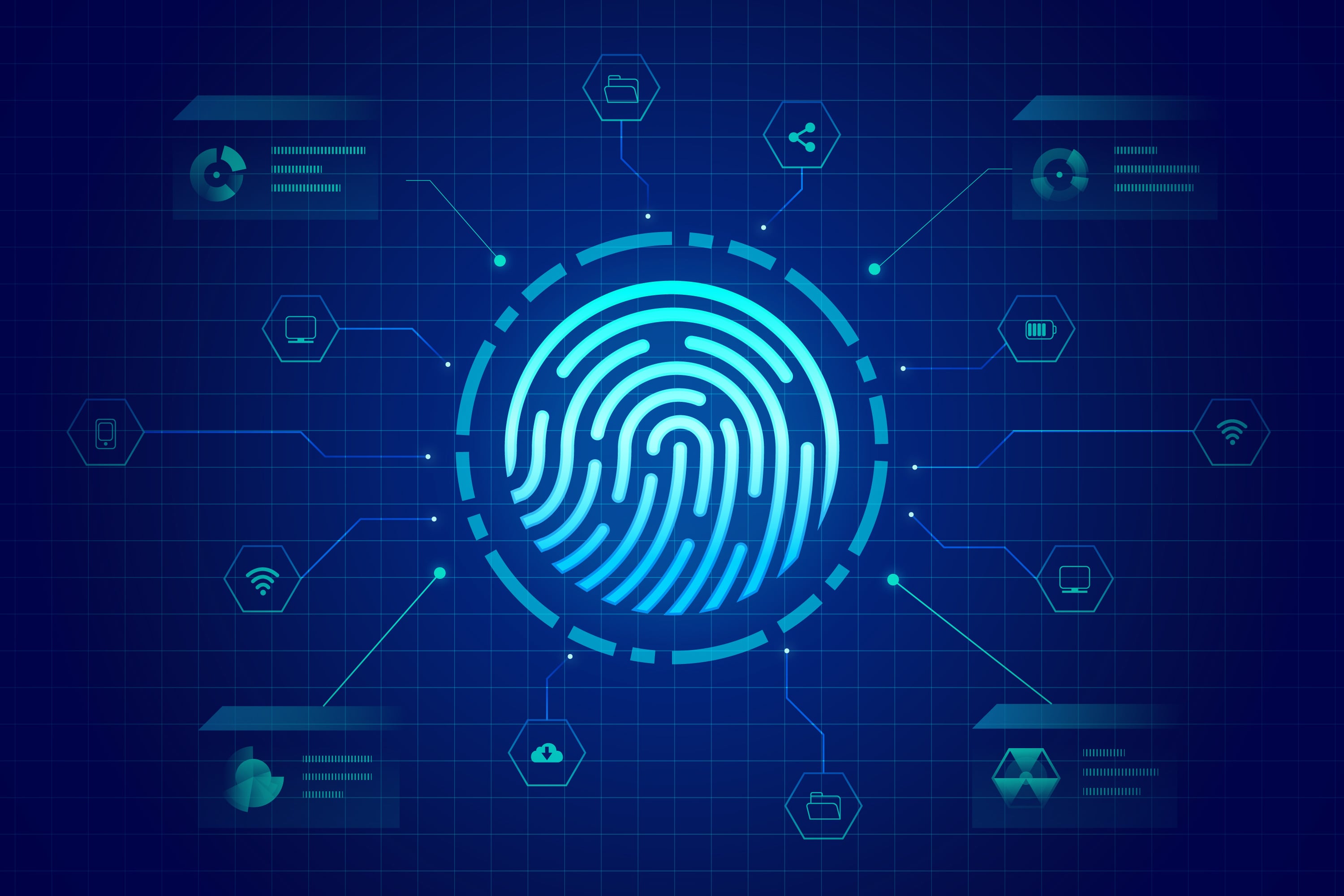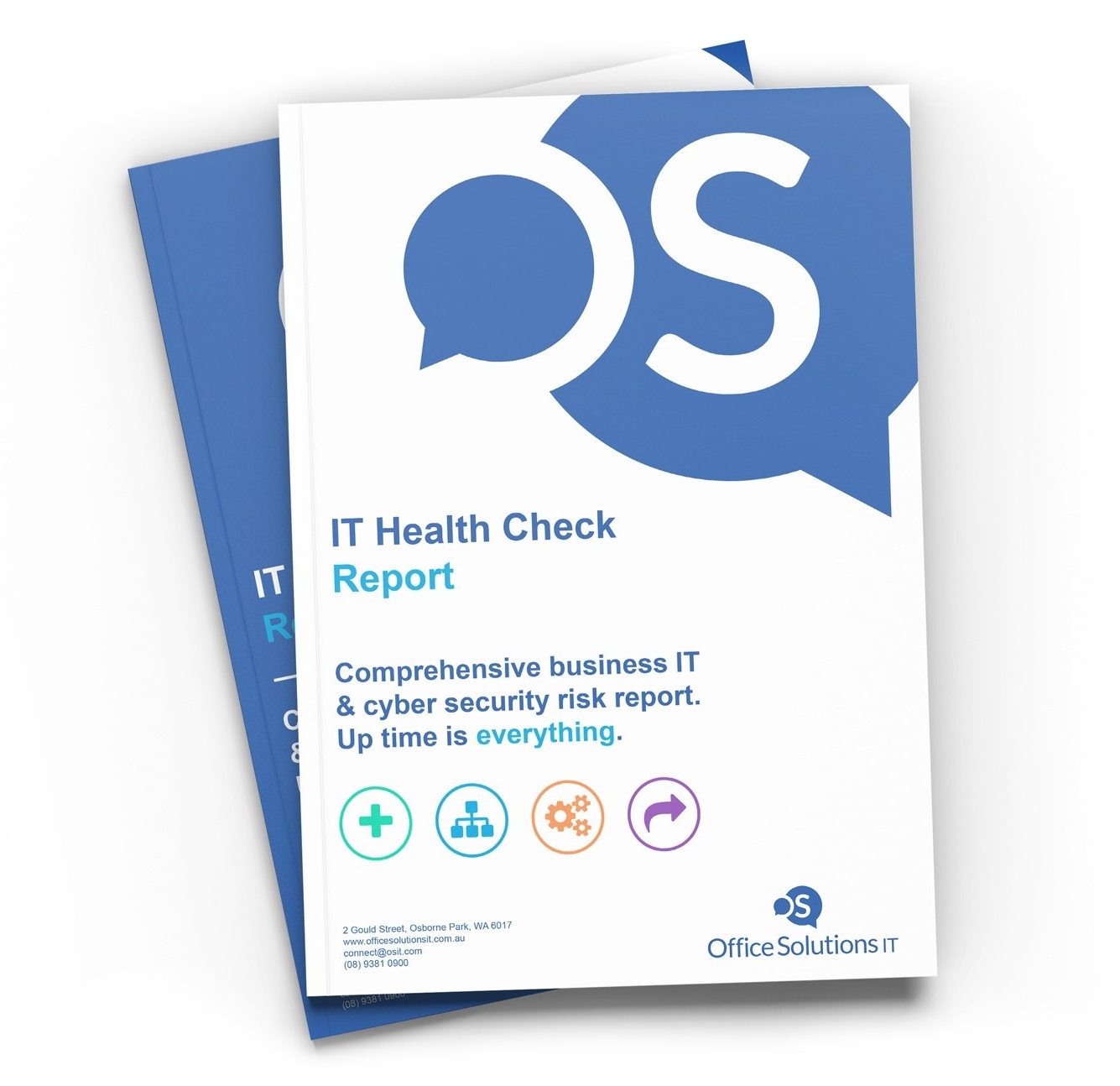Your small and medium-sized business is in danger.
The value of sensitive data should not be linked to the size of a business.
Cybercriminals know that very well.
They also know that small and medium-sized businesses have less cyber security protection compared to large organisations that spend millions every year to protect their confidential data. All modern businesses rely on technology to cater to customers. That’s even more of a reason for you to establish cyber security controls not just to protect your business but also your customers.
Once criminals successfully infiltrate your IT, they can access confidential business information such as:
- Past and present customer data
- Customer payment information
- Employee credentials
- Sales and marketing strategy
- Intellectual property
- and so on
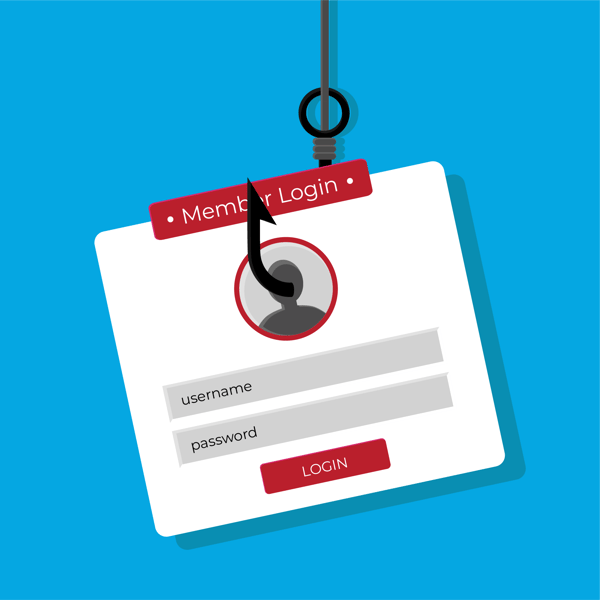
Is cyber security worth it for small and medium-sized businesses?
Absolutely!
Imagine this.
One of your employees unknowingly activates ransomware by downloading an infected attachment.
Now all your data is encrypted, you can’t access your files anymore, and your business is at a standstill because you can’t process orders or even use your computer unless you pay the ransom demand.
But how can you get past this hurdle? Your business doesn’t have any virtual or physical backups, no recovery plans, or rainy-day savings to support your business while operations are down
The impacts of cyber-attacks vary, but most of the time, they will damage small and medium-sized businesses to the point of business closure. According to this study by TrendMicro, 60% of small businesses close within six months after falling victim to a cyber-attack.
That’s why cyber security is worth it, especially for small and medium-sized businesses. Business owners should treat cyber security as a necessity, not a luxury. It is a worthy investment that would protect your business in the long haul.
Your small and medium-sized business is never too small to be a target.
No business is too big or small for a cyber-attack. If criminals can see that you have exploitable data, your business is ultimately at risk, no matter the size. According to the same study by TrendMicro, 76% of cyber-attacks target businesses. Unfortunately, this statistic is also getting worse even in Australia.
You might think you’re safe because your business is relatively small compared to big corporations. Criminals launch cyberattacks on small and medium-sized businesses because either they lack a cyber security department or don’t have one at all.
Aside from payment details, cybercriminals can also collect other types of data, which they can either hold for ransom or worse, sell on the Dark Web. But there is a way to reduce your risk, and that is by implementing a cyber security solution that is tailored to your business needs and objectives. The more extensive it is, the better.
Take note that cyber security for small and medium-sized businesses doesn’t just end with the basics such as anti-virus software and firewalls. You’re going to have to assess every possible attack entry point, implement long-term solutions to your security vulnerabilities, and even have your staff undergo security awareness training at least once a year.
You might be thinking that it takes an arm and a leg to turn your small and medium-sized business into a digital fortress. But how far will you go to protect your most important business asset?

Common cyber security threats to small and medium-sized businesses
There are different types of cyberattacks happening every day, but only a few attack small and medium-sized businesses regularly. Understanding what they are and how they work gives you a chance to stay alert and prepare holistic solutions against them.
Ransomware
The scenario above is an example of a ransomware attack.
According to the Australian Cyber Security Centre (ACSC), ransomware is malicious software that “works by locking up or encrypting your files so that you can no longer use or access them. Sometimes it can even stop your devices from working.” You will need a decryption key to regain access to your data. Unfortunately, hackers will demand ransom (mostly in Bitcoin because it’s almost untraceable) before (or if) they give it to you.
Although ransomware also targets individuals, it usually attacks organisations, particularly small and medium-sized businesses, due to a lack of cyber security controls.
For ransomware to successfully infiltrate a computer or a network, a piece of malicious software needs to be downloaded. Depending on the type of ransomware, it will either launch itself immediately or wait for a certain period.
Ransomware usually spreads through email. The best way to combat this type of attack is to regularly back up your important data, enable automatic updates to your software applications, implement email security protocols and train your people.
Cyber security is worth having because in case you’ve fallen victim to ransomware, you’ll never have to pay a ransom or experience prolonged system downtime. All you need to do is remove the malware, reinstall your applications, and recover the data from your backup.
Phishing
The goal of phishing is to steal sensitive data like credit cards and login information. According to the ACSC’s cyber security guide for small businesses, cybercriminals don't only use emails to trick victims anymore. They recently expanded to phone calls, text messages, and social media.
When you are involved with a phishing scam it is to either have you pay fake invoices, reveal your banking details, allow remote access to your machine or network, open an infected email attachment, or send the criminals a gift card.
Phishing scams pretend to be legitimate businesses by using official logos from websites and socially engineered messages to create a sense of panic in their targets. This tactic is especially dangerous because many people can easily fall victim to this tactic.
Scam Watch provides a series of ways to protect yourself against phishing scams:
- Do not click on any links, open email attachments, or enter login credentials from untrusted senders pretending to be your bank or trusted organisations.
- Verify sender email addresses, names, and domains to see if they’re consistent with who they say they are.
- Run an internet search on the names or working of the email or text message.
- Always check if URLs start with HTTPS rather than HTTP
- Always confirm with your bank or the organisation if they did send a message regarding any account confirmation.
Cyber security is worth having because, in case you’ve fallen victim to a phishing scam, you’ll know what to look out for and what to do to protect yourself. You’ll also be less likely to receive spam messages due to anti-spam implementation.
Malware
Malware, short for malicious software, disrupts your systems and damages them altogether.
When malware successfully infects your computer, criminals will gain access to your data, such as bank information, login credentials, and confidential files, to be used for different illegal activities.
Malware is everywhere, but it usually spreads through email, and no one is 100% immune from it.
Cyber security is worth having because you’ll mostly have everything you need to protect yourself against malware:
- Up-to-date software and applications
- Security awareness training for your staff
- Regularly data backups.
What you can do moving forward
Small and medium-sized businesses are definitely at risk of cyber threats. Even more so than large organisations.
You might think that your business data is not worth much to cybercriminals, but it sure is valuable to you and cybercriminals know this and exploit it. That’s what makes cybersecurity a worthwhile investment. This not only protects your data but your business as a whole.
If this is all new and overwhelming, security awareness training should provide you with more information about cyber security and what you can do to protect your data as you expand your business throughout the web.
You can always ask us, your friendly IT geeks, for help, in case you’re having trouble with your cyber security. Let us handle your cyber security troubles while you focus on the important stuff – your business.
If you want to find out how secure your business is, give our IT health & security check a try.

